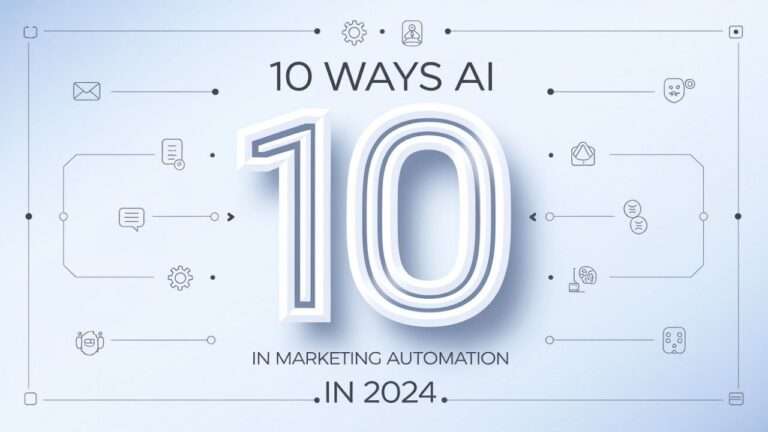Role of Machine Learning in Modern Marketing Automation
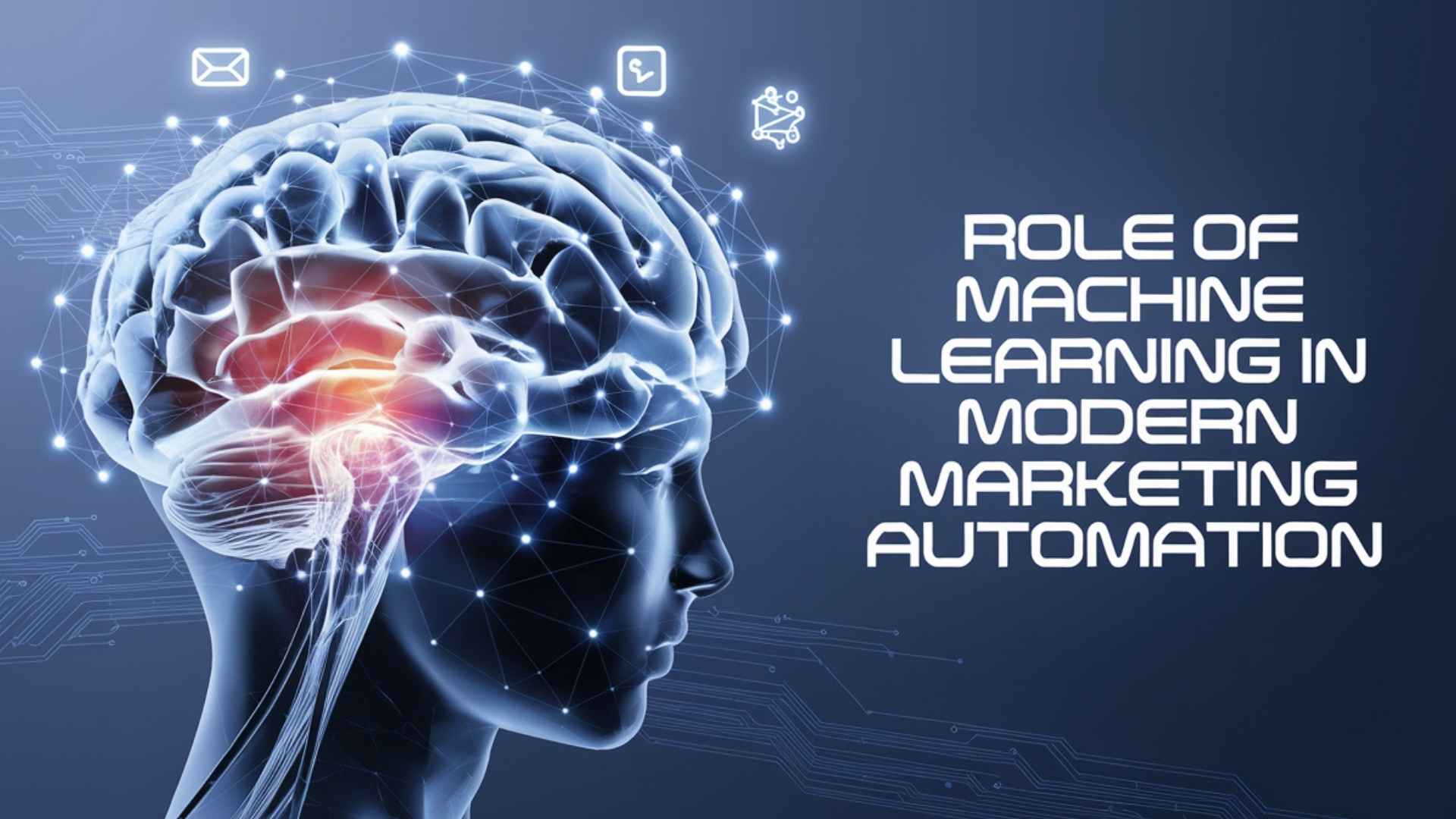
Want to stay ahead in marketing? Using the latest technologies is key!
One of these is machine learning it’s changing how businesses do marketing automation. But what’s machine learning, and how does it help?
This guide explains the Role of Machine Learning in Modern Marketing Automation.
You’ll learn how businesses use it to automate tasks, study data, and create personalized experiences.
By using these cool methods, your marketing can be way more efficient and successful.
Let’s explore machine learning together and see how it shapes marketing today.
Excited to use machine learning in your marketing plan? Let’s go!
What is Machine Learning?
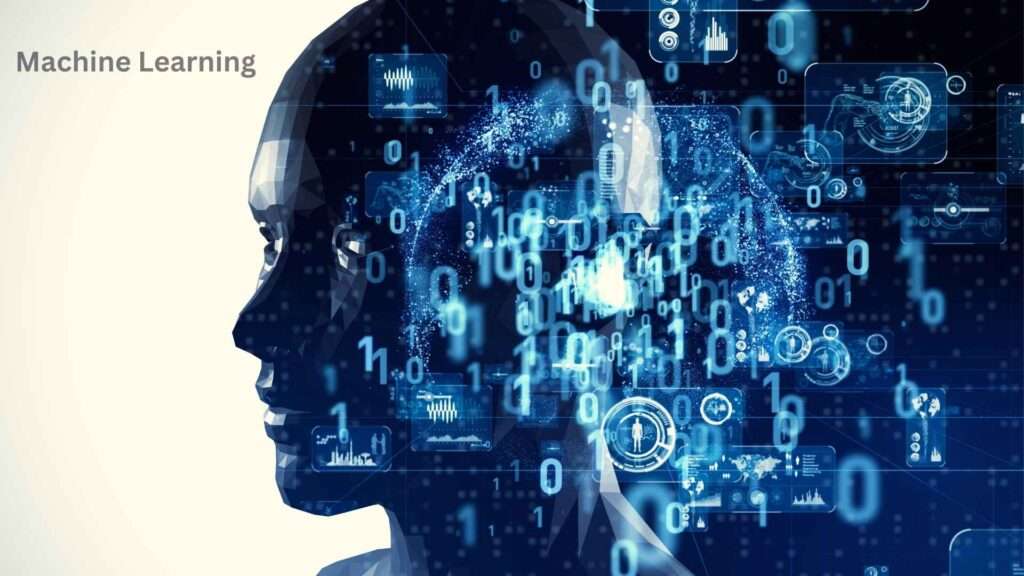
Machine learning (ML) is a type of technology that helps computers “learn” from data without needing to be programmed step-by-step.
Imagine teaching a child how to recognize animals by showing them many pictures of dogs, cats, and birds. Over time, the child learns to identify each animal on their own, even if they see a new animal they haven’t been shown before. This is similar to how machine learning works.
In simple terms, machine learning is when a computer uses data to figure out patterns and make decisions or predictions.
The more data it has, the better it gets at making decisions. For example, a machine learning system could look at data about your past purchases and then predict which products you might want to buy in the future.
Understanding Machine Learning in Marketing
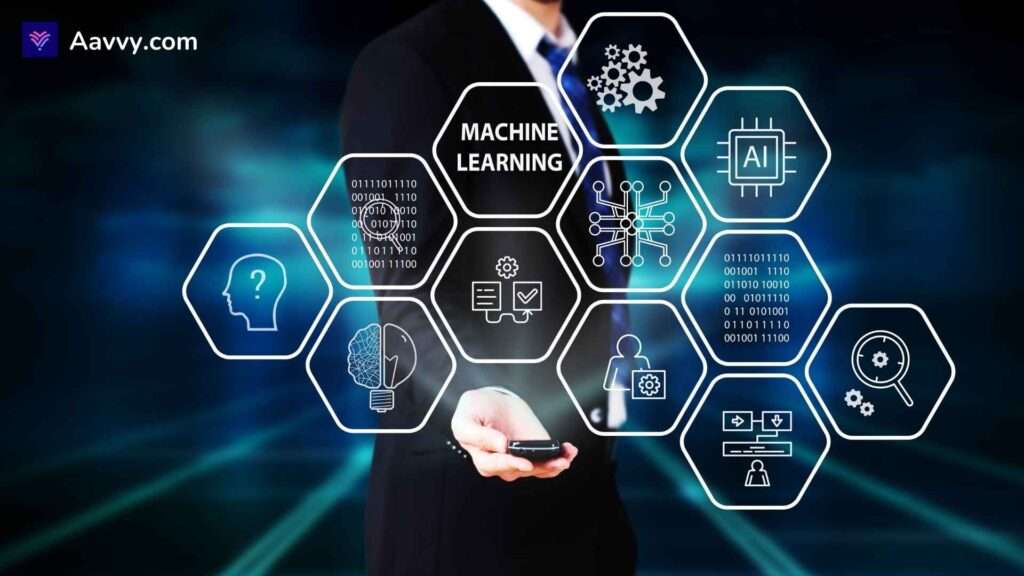
Ever wondered how businesses can predict your needs before you even realize them yourself? The answer often lies in machine learning.
This powerful technology is revolutionizing marketing by enabling businesses to interpret vast amounts of data, making accurate predictions, and delivering highly personalized experiences.
Definition and Overview
At its core, machine learning is a subset of artificial intelligence (AI) that allows systems to learn and improve from experience without being explicitly programmed.
It’s all about algorithms that identify patterns, make decisions, and get smarter over time.
In the context of marketing, ML analyzes customer behavior, preferences, and interactions to optimize campaigns and drive better results.
Importance in Modern Marketing
Why is machine learning so crucial for today’s marketers? In a world inundated with data, it’s a game-changer.
Here’s why:
- Enhanced Personalization: ML enables hyper-targeted marketing efforts, ensuring that the right message reaches the right audience at the perfect time.
- Predictive Analytics: By analyzing past behavior, ML can forecast future actions, allowing marketers to anticipate trends and customer needs.
- Efficiency Boost: Automating repetitive tasks frees up valuable time, letting marketing teams focus on strategy and creativity.
- Data-Driven Decisions: ML provides insights that drive more informed decision-making, reducing guesswork and enhancing campaign effectiveness.
Key Components of Machine Learning Algorithms
Understanding the building blocks of ML can demystify how it enhances marketing. Some key components include:
In summary, machine learning is not just a buzzword; it’s a transformative force in modern marketing.
By leveraging its power, businesses can gain a competitive edge, deliver superior customer experiences, and drive growth like never before.
READ ALSO: 10 Ways AI is Revolutionizing Marketing Automation in 2024.
Key Applications of Machine Learning in Marketing Automation
Machine learning is transforming how businesses approach marketing by making it smarter, faster, and more personalized. Let’s explore some of the key ways it’s being used in marketing automation.
Predictive Analytics and Customer Segmentation
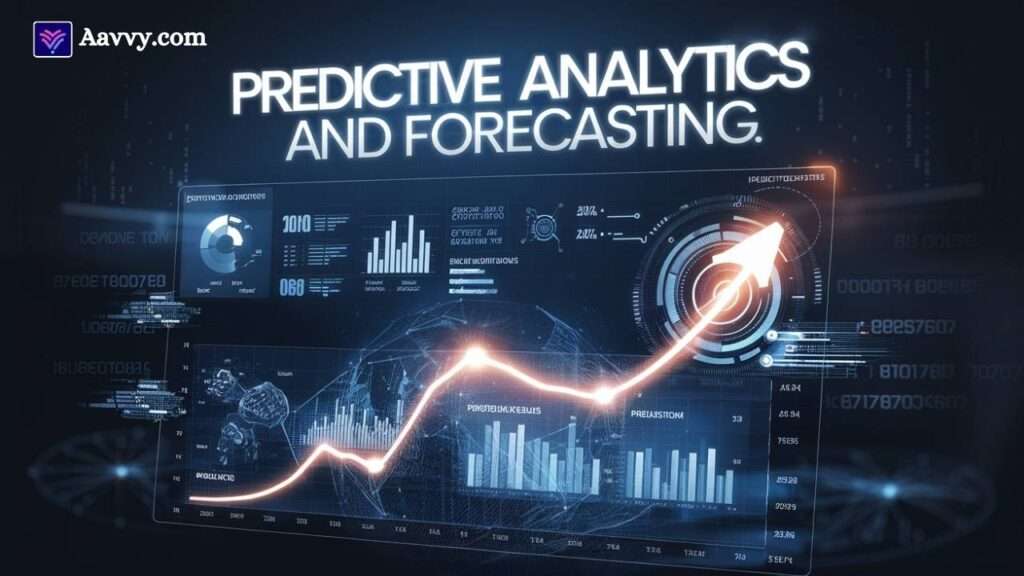
Machine learning is amazing for marketing because it can help predict future trends and customer actions. How? By looking at past data, it recognizes patterns and forecasts what customers might want next.
This prediction lets businesses split customers into groups, like those interested in fitness, luxury items, or tech gadgets.
By knowing these groups, businesses can send personalized marketing messages that are more useful and appealing to customers. It’s a win-win!
Personalized Content Recommendations
You know how Netflix always knows the perfect show for you, or how Amazon suggests exactly what you want to buy?
It’s not mind-reading; it’s machine learning! Like a personal butler, machine learning learns from your past choices the shows you binge-watched or products you bought—to offer suggestions.
So, when you see a personalized list of must-watch series or must-have products, that’s machine learning in action, making your experience better and more enjoyable.
Automated Email Marketing and Campaign Management
Machine learning is big in email marketing, too! It goes beyond generic mass emails to send personalized messages, making customers feel valued.
Machine learning digs into customer history, learning their shopping habits and interests to craft custom emails. Automating this process saves time, but there’s more—it drives customer engagement.
Plus, machine learning optimizes campaigns, studies data, and makes real-time adjustments.
From email subjects to timing to content it refines each element for better results. In short, machine learning transforms email marketing making it smarter, more personal, and more effective.
Real-Time Bidding in Programmatic Advertising
Machine learning plays a big role in online ad bidding. Instead of waiting for people to bid, it analyzes data interests, demographics, and actions to match the visitor with the ad. This way, businesses target the right audience, improving ad campaign results.
Real-time bidding with machine learning makes online advertising smarter and more effective!
Implementing Machine Learning in Your Marketing Strategy
Identifying the Right ML Tools and Platforms
Start by choosing the right ML tools for your business needs. Platforms like Google Cloud AI, IBM Watson, and Microsoft Azure offer various options, depending on whether you need to analyze customer data, automate tasks, or create personalized content.
Setting Up and Training ML Models
Next, you need to set up and train your ML models. This means feeding them data (like customer behavior) so they can learn patterns and make predictions. The more data you have, the better your model will work.
Integrating ML with Existing Marketing Systems
To maximize ML, integrate it with your current marketing tools like email marketing or CRM systems. This will help automate tasks and make your marketing smarter by analyzing data in real-time and triggering actions automatically.
Ensuring Data Quality and Privacy Compliance
Make sure your data is accurate and up to date. Also, follow privacy laws like GDPR to protect customer data. This ensures your ML models work well and keeps you compliant with legal standards.
Measuring and Optimizing ML Marketing Efforts
Finally, track the results of your ML-driven marketing campaigns. Use metrics like click-through rates and conversions to see what’s working and make improvements to keep your models performing better over time.
Challenges and Future Trends in Machine Learning for Marketing
Common Challenges in ML Implementation
Implementing machine learning can be tough. Businesses often face problems like needing large amounts of data, the complexity of algorithms, and the need for specialized skills. It can be expensive and time-consuming to get everything right. Plus, integrating ML with existing systems is not always straightforward.
Ethical Considerations and Data Privacy
Using machine learning responsibly is crucial. There’s a big concern about how data is collected and used. It’s essential to ensure that customer data is protected and that ML models are transparent and unbiased. Ethical considerations also involve making sure that ML decisions are fair and do not discriminate against any group.
The Future of AI and Machine Learning in Marketing
Looking ahead, AI and machine learning will continue to revolutionize marketing. We can expect even more advanced personalization, better predictive analytics, and more efficient automation. ML will help marketers understand customers better and create more effective campaigns.
Emerging Trends and Technologies
New trends in machine learning include the rise of artificial intelligence assistants, improved natural language processing, and enhanced data analytics tools. These technologies will make ML more accessible and powerful, allowing businesses of all sizes to leverage its benefits.
In summary, while there are challenges to implementing machine learning in marketing, the potential benefits are huge. With careful consideration of ethical issues and data privacy, and by staying updated on emerging trends, businesses can effectively use ML to gain a competitive edge.
Conclusion:
Machine learning is a real game-changer in marketing! It makes your marketing strategy smarter, more precise, and personalized. With machine learning, you can predict customer behavior, tailor content to their tastes, and automate complicated tasks.
Just think: You could guess customers’ needs even before they know it! Your marketing campaigns can change instantly to be more effective! Machine learning makes all this possible by transforming data into insights and automating repetitive work.
In today’s digital era, businesses using machine learning have the edge. Embracing it isn’t just about keeping up—it’s about leading with better customer experiences and growth.
Let’s take this journey together and see where machine learning leads us. Your next marketing breakthrough is just a step away!

